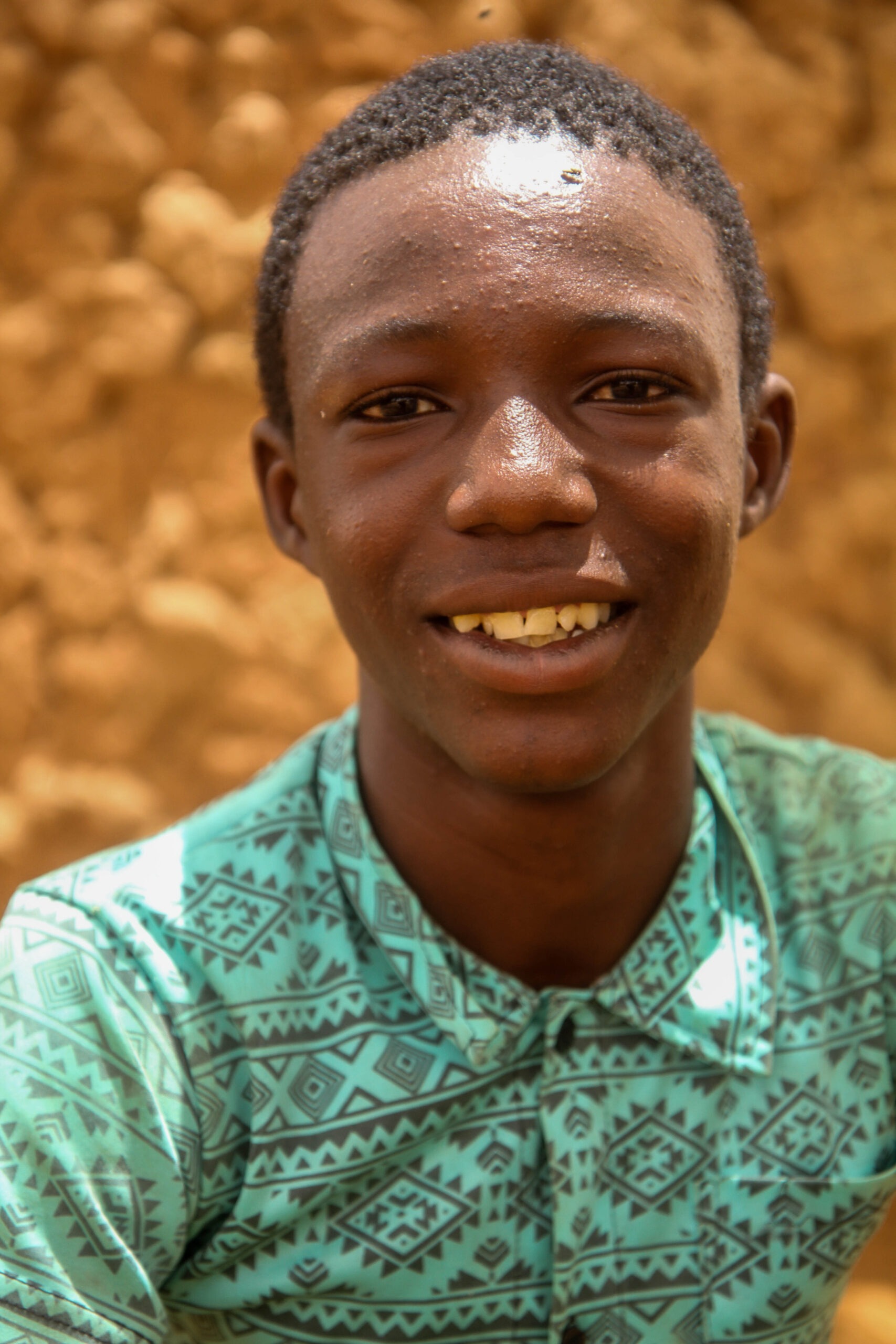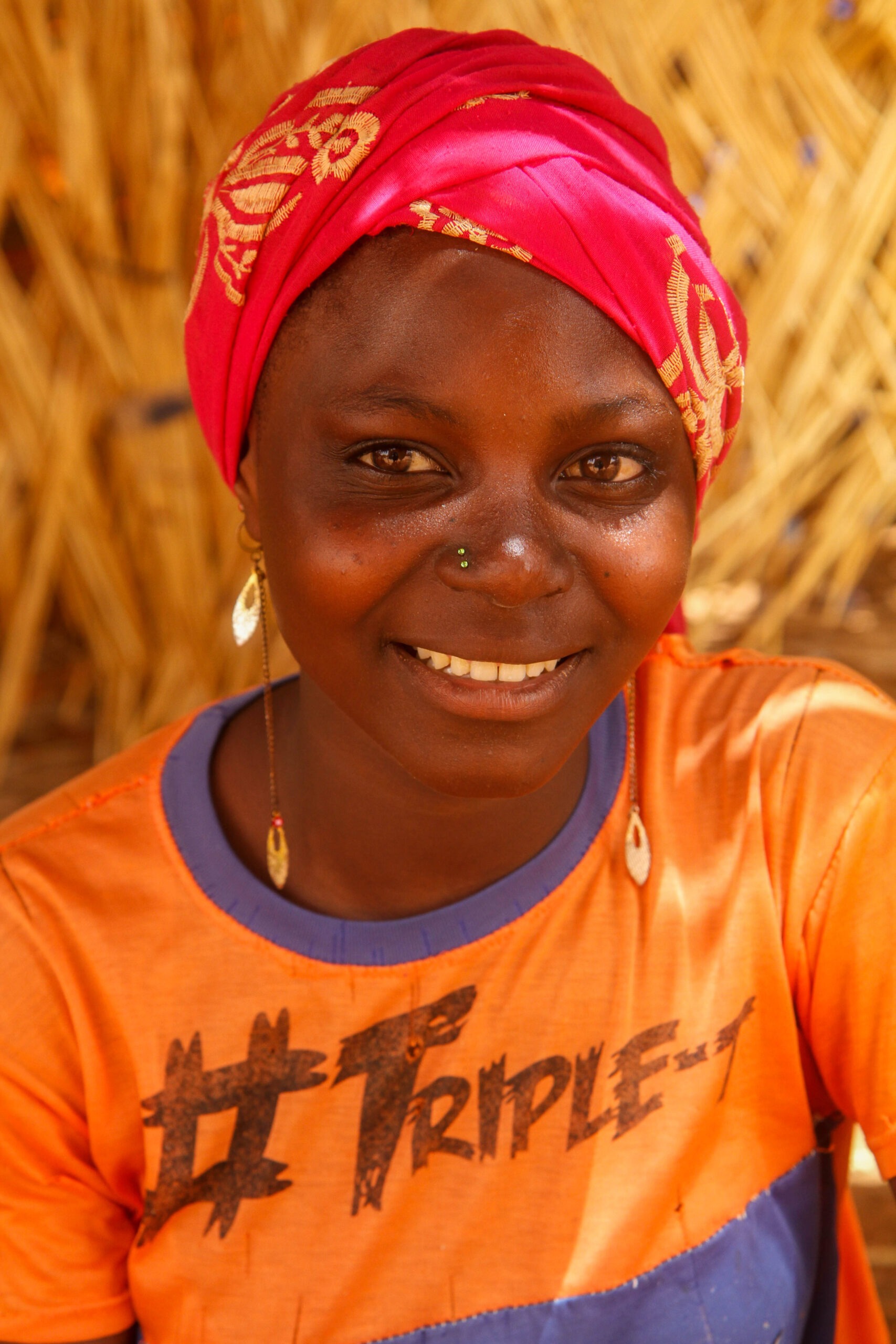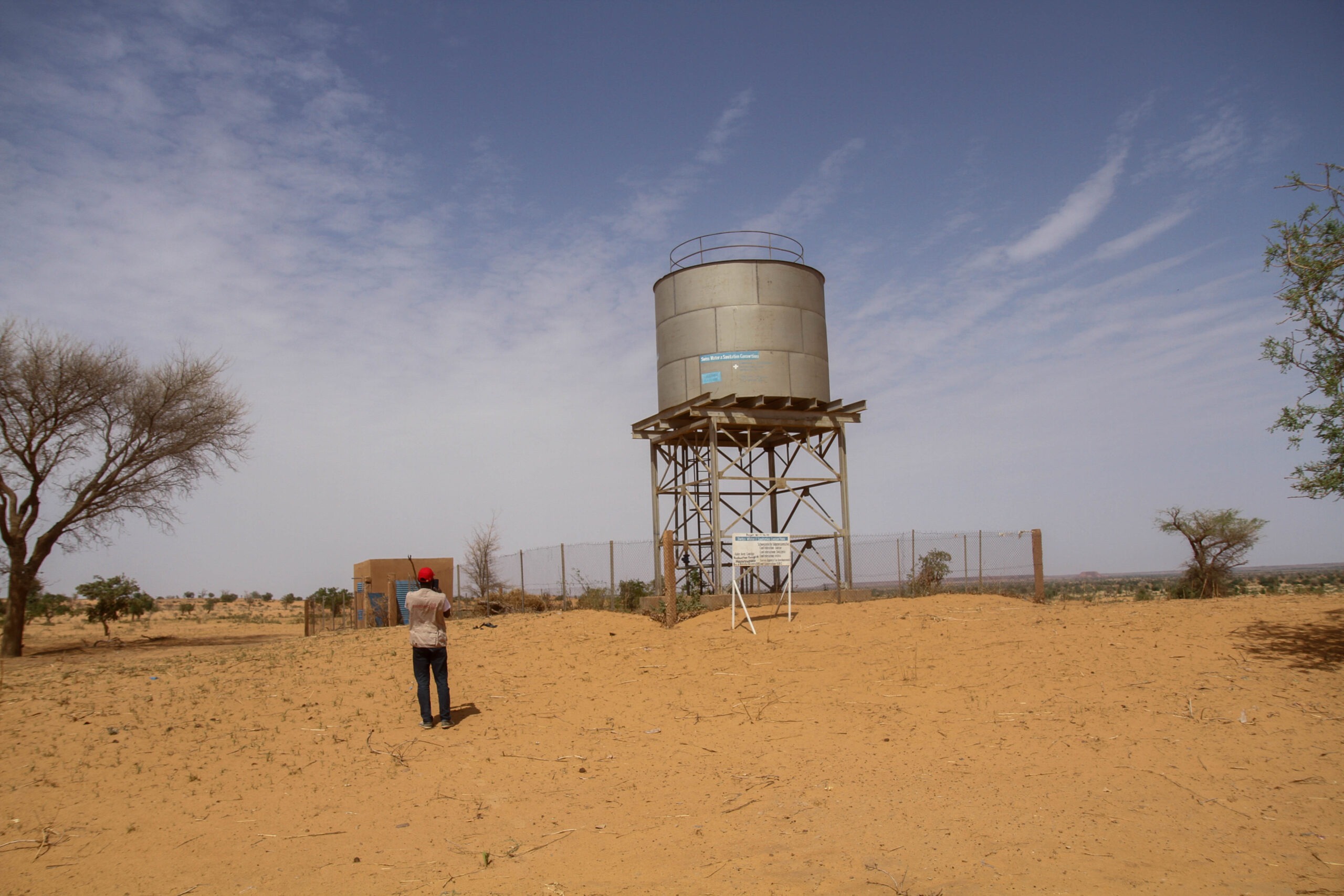Water is a scarce resource in Niger and climate change is further exacerbating the situation. Periods of drought are followed by sudden, intense flooding. Children and young people, who make up a large proportion of the population, are particularly affected. Projects such as the construction of water towers and training in water management help them to cope with the extreme conditions.
Facts
Aims
The water supply infrastructure is being strengthened. Water towers, wells and toilets are being built. In the “Écoles Bleues”, children learn more about how to use water. The other residents are also being trained in the use of water and hygiene.

“It’s obvious that it doesn’t rain much anymore. We used to be able to use the water not only for drinking, but also for washing.”
“It’s obvious that it doesn’t rain much anymore,” says Rabiou Chipkaou. Despite his young age, the 15-year-old pupil from the municipality of Gougui in the Dogondoutchi department is very aware of climate change.

Indeed, climate change is hitting Niger particularly hard. Rising temperatures are causing the Sahara desert and the Sahel zone, which cover large parts of the country, to expand ever further. The ongoing desertification means there is a lack of fertile soil to feed people and animals. This is challenging for a population where 80 per cent of the inhabitants live from agriculture and livestock farming. The usual rainy and dry seasons have been shifting for years and are now marked by extreme conditions.
Certain regions experience hardly any rain for long periods and are then suddenly hit by heavy rainfall. The soil cannot react well to both extremes – it dries out quickly, and when a lot of rain falls, flooding occurs rapidly because the water cannot seep away. This led to massive flooding in the Sahel region in autumn 2024.
Providing water in Niger
The supply of clean drinking water is therefore particularly critical in Niger. Almost half of the population has no access to it. The situation with sanitary facilities is even more serious: there is a lack of clean water for showering, washing hands and washing food. This has serious health consequences. Without clean water, bacteria thrive, posing serious health risks, especially for those with weak immune systems. Diarrhoea is the second most common cause of death among young children.
The lack of water hits children and young people particularly hard. This is in a country that has one of the highest fertility rates in the world: half of the population is under 16 years old. 15-year-old Sakina Badje lives in the same village as Rabiou Chipkaou. The schoolgirl agrees with Rabiou: “I notice that it hardly rains any more. This makes the land barren.” Women and girls have to walk up to five hours a day to fetch water. This means they don’t have time to go to school or play.
Sakina Badje, 15 years old, pupil:
“I notice that it hardly rains any more. This makes the land barren.”


Water tower brings relief
To improve the water supply, SWISSAID launched a project in several communities in 2023. Among other things, drinking water towers with clean water were erected and wells built. These make everyday life easier for families. Rabiou explains: “We are happy that we can get a 25-litre canister every day.”

In addition to the construction of infrastructure, the population of the communities is also trained on topics relating to the use of water. Children and young people, like Rabiou Chipkaou, play a particularly important role here.
In the so-called “Écoles Bleues” (Blue Schools), they learn the importance of washing their hands or how important it is to wash food properly. Other topics include waste recycling and healthy eating. The girls receive lessons on menstrual hygiene.
The knowledge that the children acquire at school is taken home and passed on to their families. This allows the whole family to benefit. SWISSAID projects also work closely with parents to train them in agroecology. This is intended to strengthen the resilience of small farmers, even if droughts and floods occur again.
Despite the challenges, Rabiou remains hopeful: “Later, I want to become a successful businessman and ensure my entire village has access to clean water.”







